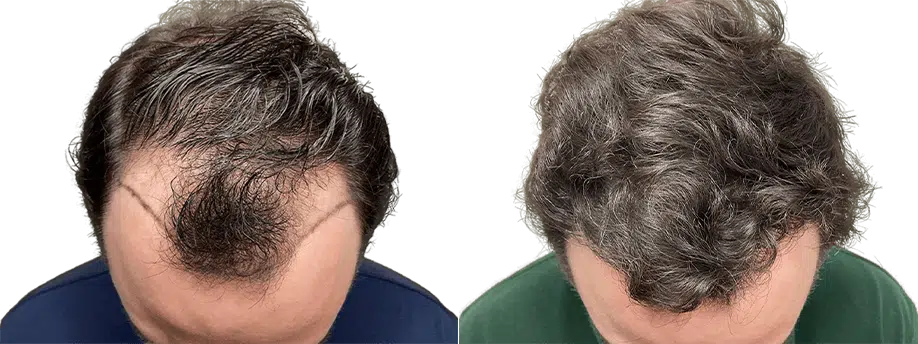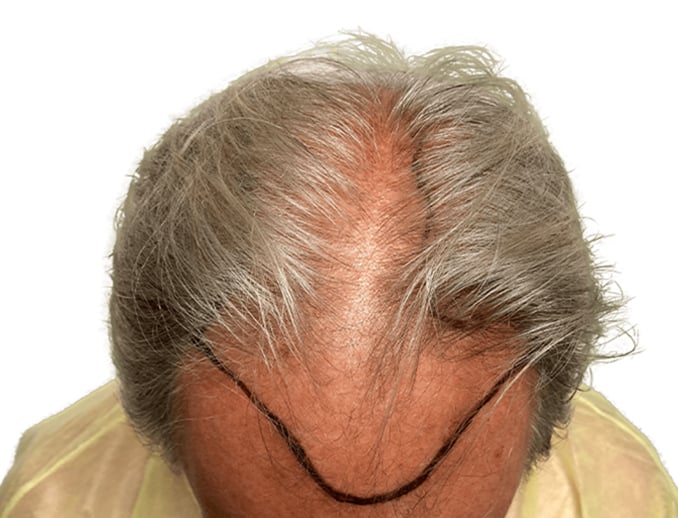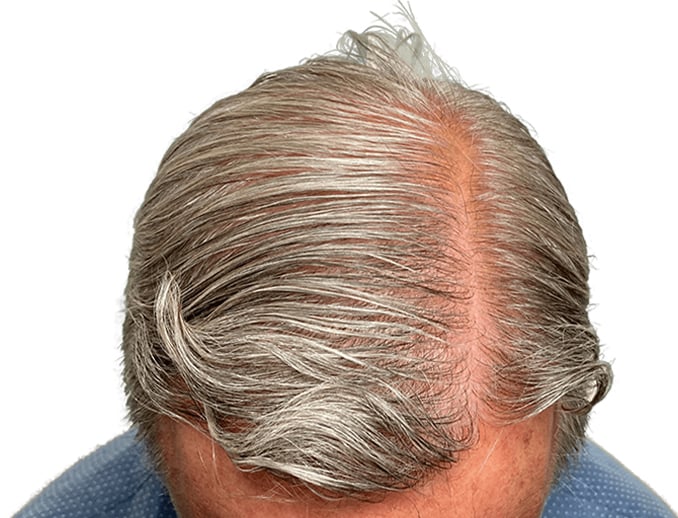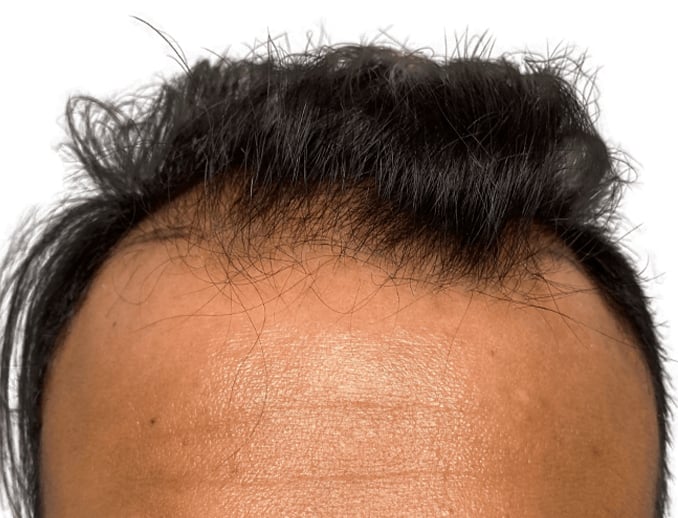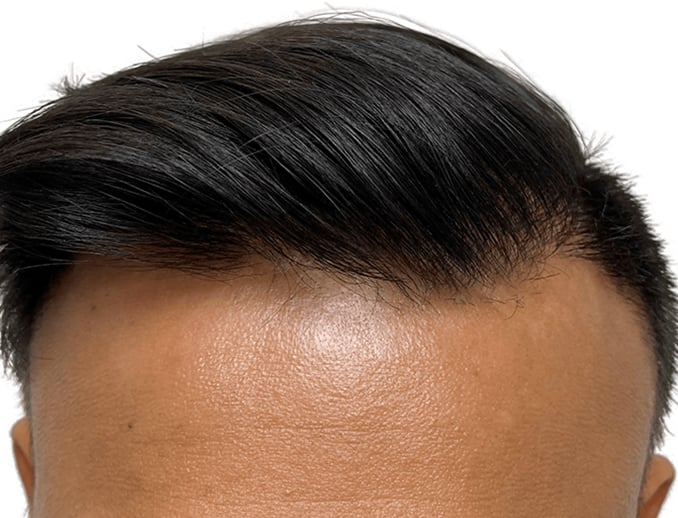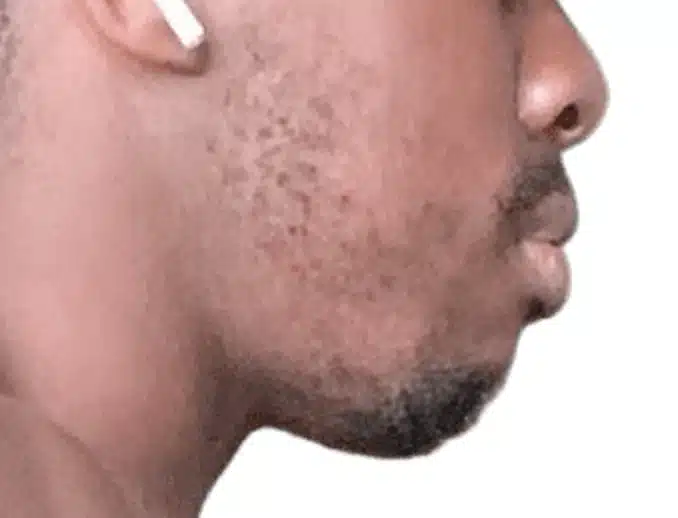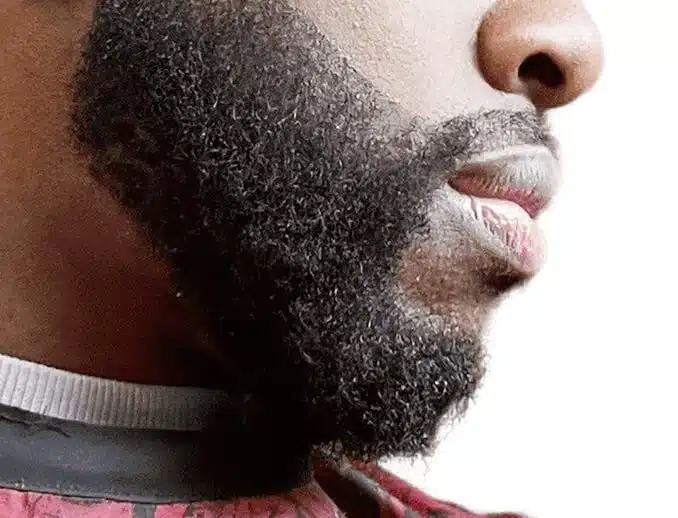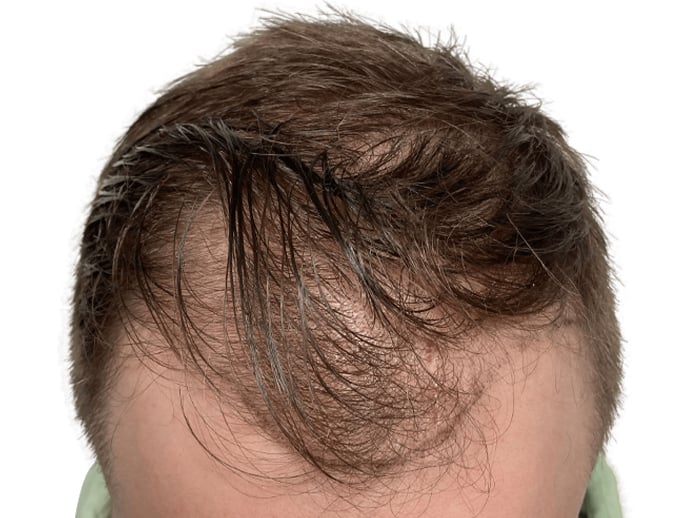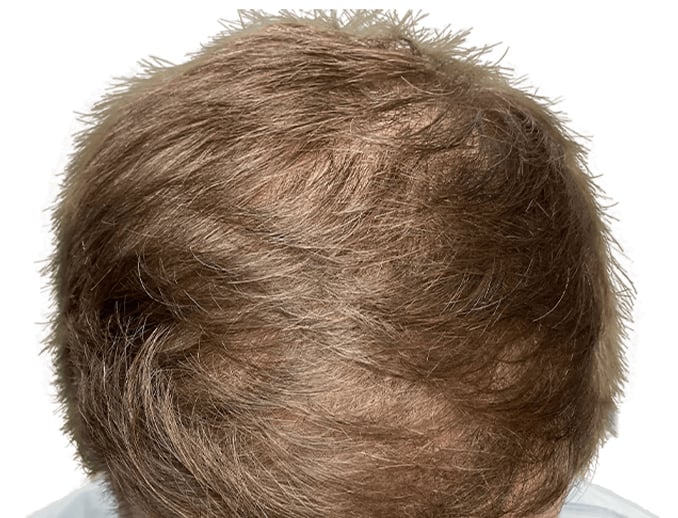Understanding Hair Loss in Kershaw
Hair loss can stem from a variety of causes, both internal and external. Determining the root cause of thinning hair or baldness is important in order to find the most effective solutions. Potential causes include:
Genetics
Genetics often play a key role, as both male and female pattern baldness are hereditary conditions passed down through families. Those with parents or grandparents who experienced significant hair loss are most susceptible. The genes involved regulate the hair growth cycle and can cause follicles to shrink over time, producing thinner, weaker strands.
Age
Age is another factor, as hair follicles may start to shrink or stop producing new hairs as we get older. This type of hair loss progresses gradually and often begins for both men and women in their 30s and 40s.
Stress
High stress levels, traumatic events, and serious illnesses can shock the body and disrupt the normal hair growth cycle. This can cause premature shedding, often 3-4 months after the stressor occurred. Emotional stress may also trigger trichotillomania, an impulse control disorder that leads to compulsive hair pulling.
Medical Conditions
Medical conditions like thyroid disorders, autoimmune diseases, iron deficiency anemia, and systemic illnesses can be associated with hair loss. The nutrients and hormones needed for healthy hair growth are disrupted. Temporary hair shedding may occur a few months after a major illness due to the stress it puts on the body.
Medications
Certain medications used for treating cancer, arthritis, depression, heart disease, and high blood pressure can contribute to sometimes extensive hair loss as an unintended side effect. This is most often seen with medications like blood thinners, beta blockers, antidepressants, NSAIDs, and chemotherapy drugs. Hair usually regrows after stopping the medication.
Nutrition
Poor nutrition lacking sufficient proteins, vitamins, minerals, and nutrients like iron, zinc, biotin, and folate can starve hair follicles and impair regrowth after normal shedding. Scalp inflammation, dandruff, or a buildup of toxins may further inhibit healthy hair. Managing diet and taking supplements helps provide better building blocks for strong, luscious hair.
The specific causes behind hair loss will determine which treatments and procedures will be most effective for regrowth. Our hair restoration specialist can provide customized treatment plans combining medications, laser therapy, microneedling, and hair transplants as needed for the best results.
